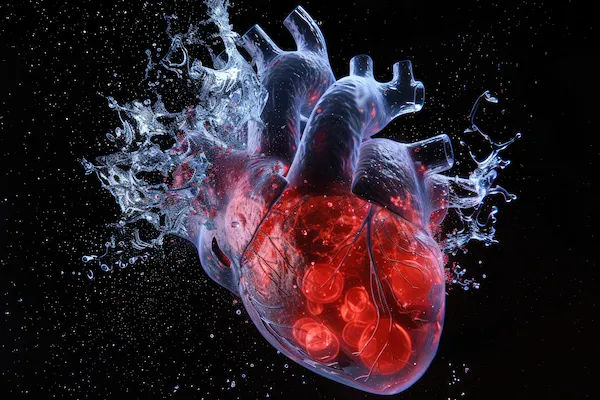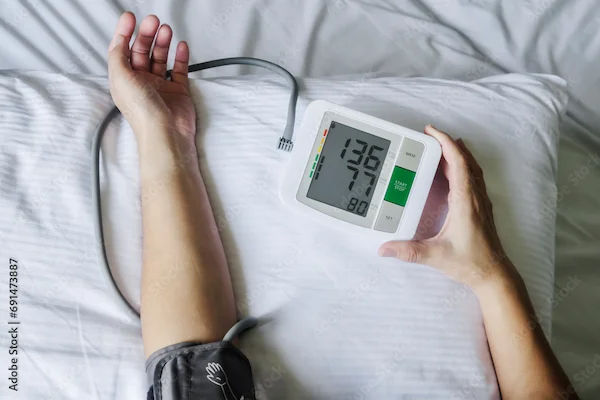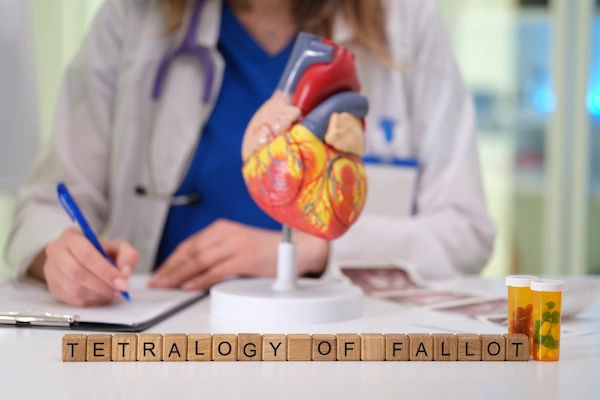- male
- 50 Years
- 20/02/2025
I'm looking at my angiography report, and it states something like a 10060 17 blockage in the veins. I'm really unsure about what this means for my treatment options. Should I be considering surgery, or could something like using rings be effective without having to go through an operation? Also, I don't have diabetes, and there's no family history of heart issues. Would love to hear your thoughts on what might be the best route for me.
More Cardiology Health Queries
View allWhat causes hypertension headaches?
High blood pressure can cause you to have a headache, and this kind of headache signals an emergency. This occurs when your blood pressure becomes dangerously high. A hypertension headache will usually occur on both sides of your head and is typically worse with any activity.
Answered by 1 Apollo Doctors
I'm a bit worried about my heart health and I recently had an echocardiogram done. I've heard of things like incomplete and complete RBBB, but I'm not sure how I can tell which one I have from the report. Can you help me understand what to look for to figure out if it's incomplete or complete RBBB?
To determine if your right bundle branch block (RBBB) is incomplete or complete, you would need to look at specific criteria on an ECG report. Incomplete RBBB typically shows a QRS duration of 100-120 ms, while complete RBBB shows a QRS duration greater than 120 ms. Additionally, complete RBBB usually has a wide, slurred S wave in leads I, aVL, V5, and V6. On an echocardiogram report, signs of RBBB may include right ventricular hypertrophy, delayed activation of the right ventricle, and abnormal motion of the interventricular septum. However, the definitive diagnosis of RBBB is made through an ECG rather than an echocardiogram. If you suspect RBBB based on your echocardiogram report, it is important to consult with your healthcare provider for further evaluation and management.
Answered by 1 Apollo Doctors
I've been having this back pain that shoots down to my hands and chest. I had a TMT done on 20th February 2022, and it came out negative. But I'm worried because I'm feeling the pain again today, and my doctor advised an ECG. If my TMT was normal, do I really need to get an ECG every single time this pain hits?
If you have already undergone a TMT which was normal, and you are experiencing chest pain again, it is still important to have an ECG done to check for any acute changes in your heart's electrical activity. It is not necessary to have an ECG done every time you have pain, but if the pain is severe or persistent, it is advisable to seek medical attention and follow your doctor's recommendations.
Answered by 1 Apollo Doctors
Disclaimer: Answers on Apollo 247 are not intended to replace your doctor advice. Always seek help of a professional doctor in case of an medical emergency or ailment.





